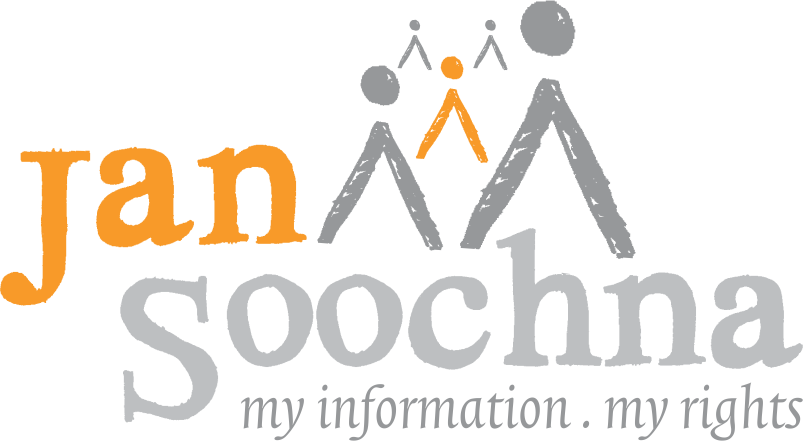Vision
“AKRSP (India) can contribute in India to the creation of an enabling environment in which rural people can identify their needs and priorities and with professional support, organize themselves to improve the quality of their lives.”
His Highness the Aga Khan
Mission
AKRSP (India) exists to enable the empowerment of rural communities and groups, particularly the under-privileged and women, to take control over their lives and manage their environment, to create a better and more equitable society.
About AKRSP (India)
His Highness the Aga Khan, the spiritual leader of the Shia Ismaili community, founded the Aga Khan Rural Support Programme (India) in 1983. It is a part of the Aga Khan Development Network (AKDN), whose agencies work on all aspects of development – social, economic and cultural.
AKRSP (India) is a non-denominational, non-government development organization. The organization works as a catalyst for the betterment of rural communities by providing direct support to local communities to promote activities and develop models for sustainable natural resource use and development of human resources.
AKRSP (India) began field operations in 1985 and has since become one of the larger grassroots NGOs in India. It has innovated and pioneered several efforts in areas such as participatory irrigation management, joint forest management, rain water harvesting, watershed development, preventing salinity ingress and alternative energy to empower rural women and marginalized communities.
AKRSP (India) is active in nearly 1900 villages in the three states of Gujarat, Madhya Pradesh and Bihar.
In Gujarat, AKRSP (India) works in three environmentally challenged and economically vulnerable regions; the tribal block of Bharuch–Narmada–Surat-Tapi-Navsari-Dang, coastal salinity-affected block of Junagadh-Porbandar-Jamnagar and the drought-prone block of Surendranagar-Rajkot-Wankaner.
In Madhya Pradesh, it works in the remote and poor districts of Khandwa, Khargone, Barwani, Dhar and Burhanpur since 2004.
In flood prone Bihar, the organization works in Muzaffarpur and Samastipur districts since 2008. Here, it works in collaboration with Aga Khan Foundation (India) towards a multi-sectoral approach, with interventions in primary education and health care along with livelihood promotion.
Project Overview
Strengthening participation in local governance to enhance access to entitlements and basic services by marginalized tribal communities.
objective
To enable quality delivery of entitlement schemes and basic services in health, education and socio-economic security to 33,000 poor and marginalised tribal households in 6 blocks across 4 districts of Gujarat and MP through stronger governance institutions.
Target Group
Gram sabha members, especially women; gram panchayat functionaries; select block and district level officials; select elected state legislators.
Final Beneficiaries
165,000 poor tribal people in 94 gram panchayats in MP and in Gujarat
Estimated Results
• Participative plans from gram sabhas in 85 (90%) of total 94 panchayats, with 50% active participation by women.
• 85 panchayats deliver effectively, accountably and transparently a) entitlement schemes for 90% of eligible households; b) improved basic services to 90% of total households.
• Participatory planning and monitoring systems adopted and practised by 6 block and 4 district panchayats, informed by good data management.
• Action research and case studies produced and disseminated for state level advocacy and to inform other districts and states.
Govind Desai
Project Leader – Manager (Village Institutions)
Dashrath Valand
Team Leader – Narmada
Alok Dung Dung
Team Leader – MP
Dhavan Nagar
Programme Executive – DSC
Address of the Head Office
9-10th Floor, Corporate House,
Opposite Dinesh Hall, Off Ashram Road,
Ahmedabad – 380009

